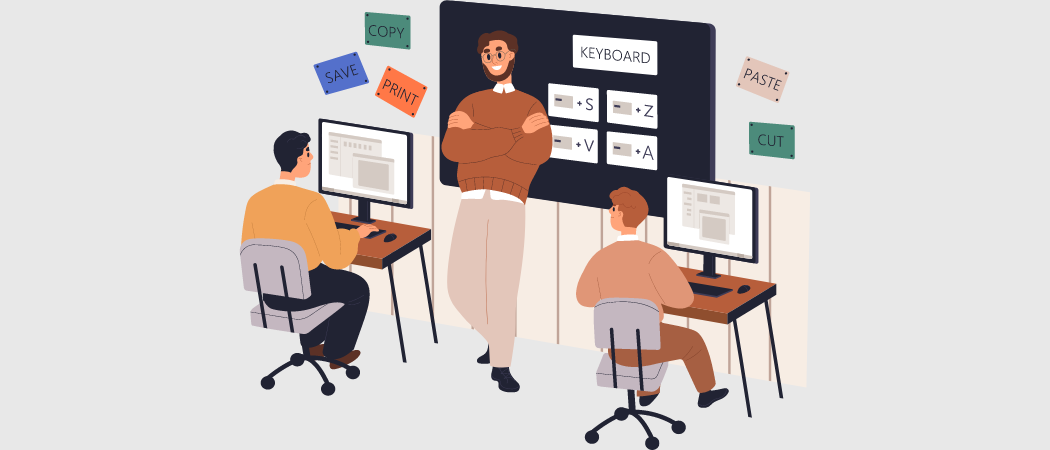In today’s blended learning environments, the mismatch between student learning needs and traditional teaching methods is becoming more evident. This disconnect can lead to disengagement, lower academic performance, and frustration for both students and educators. Fortunately, artificial intelligence and machine learning is stepping in to bridge this gap and transforming outcomes by understanding student learning behavior.
Personalized Learning
One of the most significant contributions of artificial intelligence in education is the ability to create personalized learning paths. Traditional teaching styles struggle to cater to individual students’ diverse learning paces and styles. Advanced algorithms can analyze data and preferences to develop customized learning plans. These plans ensure students receive a more engaging, efficient, and effective learning experience.
For instance, an adaptive learning platform, SimpliTaught, combines artificial intelligence and machine learning to understand student behavior and adjusts content accordingly. This approach not only helps students absorb information in a way consistent with their learning preferences, it also saves them countless hours of study time. This is the kind of technology that keeps students motivated to engage and retain information.
Adaptive Learning
With adaptive learning, students have a greater sense of purpose because learning isn’t generic – it’s tailored to their needs. They can concentrate on the topics and concepts they don’t understand well rather than monotonously reviewing the material. Ultimately, this means that learning has more purpose for them since they’re targeting problem areas.
Enhancing Educator Effectiveness
Artificial intelligence doesn’t just benefit students; it also empowers teachers by providing them with valuable insights and tools. Educators can instantly build courses and use analytics to adjust their instructional strategies accordingly. With data-driven insights, the overall quality of education becomes enhanced.
Promoting Equity in Education
One of the most compelling advantages of AI in education is its potential to promote learning equity. By personalizing learning experiences, it can help bridge the achievement gap for students from diverse or challenging backgrounds. By analyzing data objectively, we can better highlight disparities in student performance, prompting educators to reflect on and adjust their approaches. Even college students with learning disabilities can reach their full potential when provided with the required support and a conducive learning environment – and that’s something educational institutions have tried for years and failed! Whether it’s providing additional support to underperforming students, or offering advanced benefits to others, today’s technology ensures that every student receives the attention they need to succeed.
Choosing the Right AI Platform
As the power of artificial intelligence continues to emerge and adapt, there are a multitude of things to consider when considering an AI learning platform. Additional features like language translation, global chat, platform storage, and study preparation can enhance the student experience. The next thing to consider if an educational institution wants to incorporate AI or other technology in its curriculum, it will need to start with a proper implementation plan, which also includes training to bridge skills gaps.
Future Impact
As technology advances, its role in education will only become more critical. Emerging AI platforms, such as SimpliTaught, promise to further enhance the learning experience. By understanding the essential learning needs of students, technology can help educators continually improve their methods and outcomes. There’s an even bigger picture also – better retention and stronger graduation rates.
Conclusion
Integrating artificial intelligence into education represents a permanent shift in how we approach teaching and learning. By personalizing learning paths, enhancing teacher effectiveness, providing real-time feedback, and promoting equity, technology is transforming student-educator experiences. As we continue to explore and embrace these tools, the future of education looks brighter, more inclusive, and better equipped to drive stronger student success.
Artificial intelligence has become a powerful ally in the quest to bridge the gap between student learning and educators – ensuring that every student has the opportunity to achieve their full potential.




